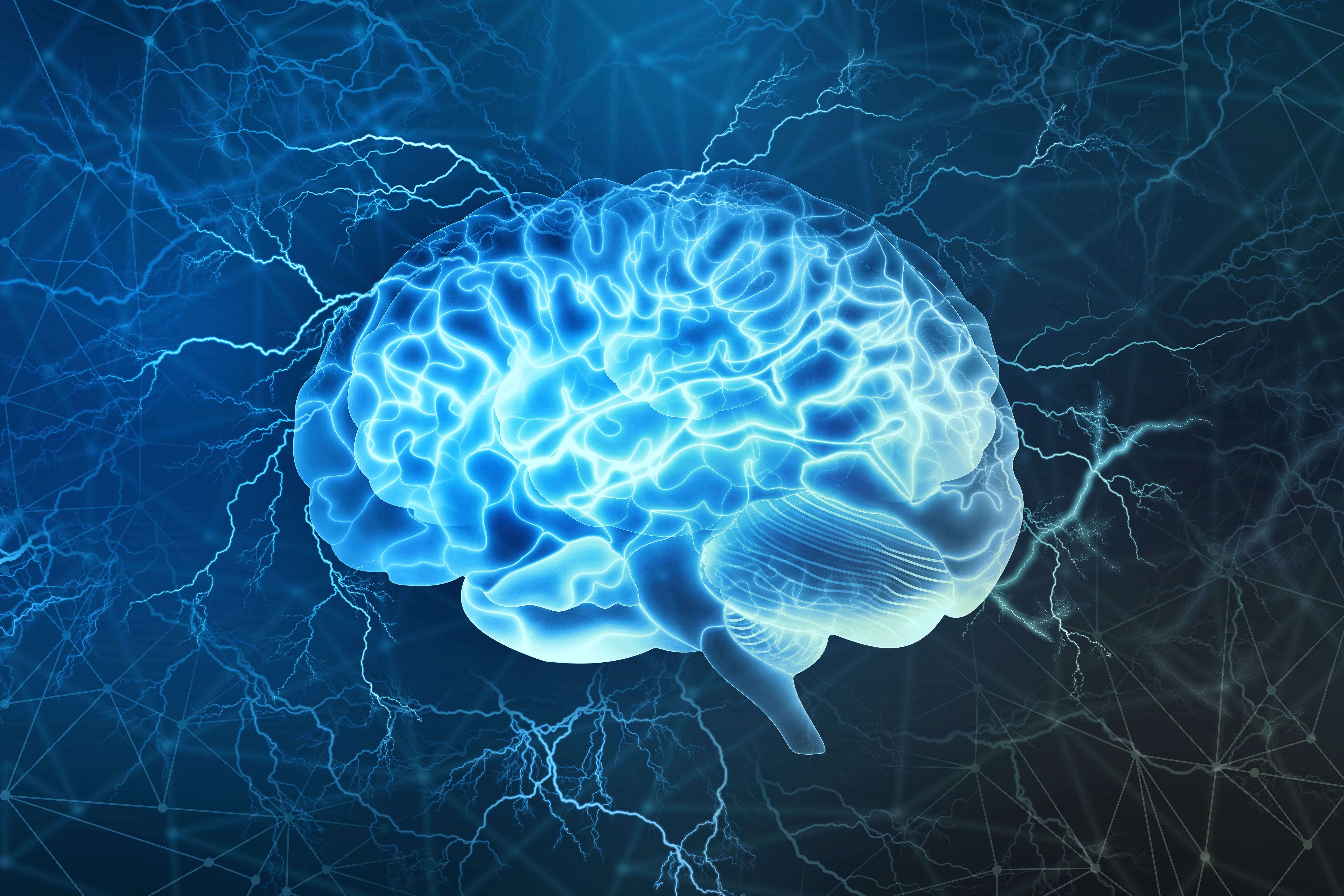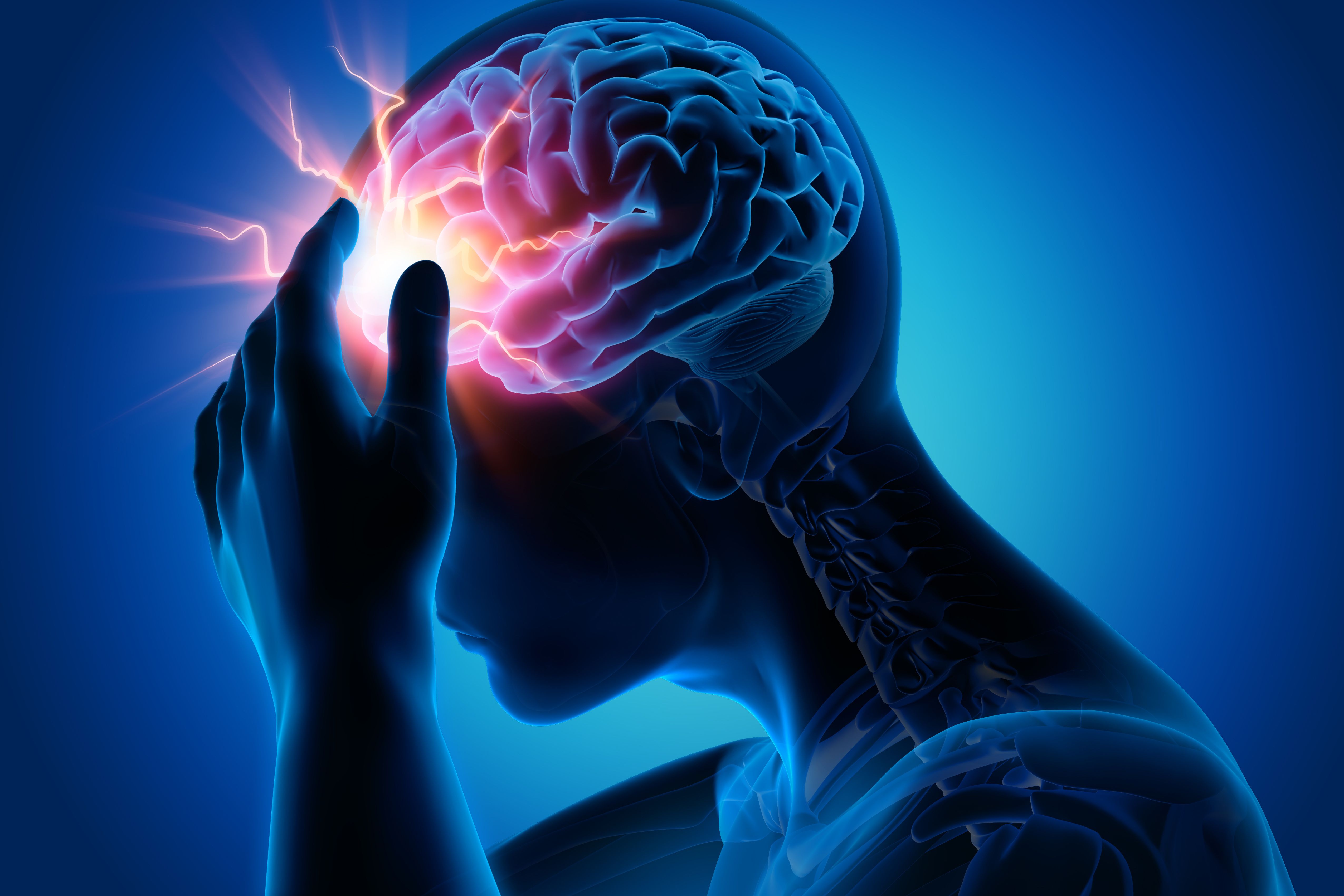Article
Brain Shrinking in Multiple Sclerosis May Be Linked to Hemoglobin Levels
Author(s):
A 30% increase in hemoglobin caused the brain to shrink in patients with multiple sclerosis by 0.1%.
Findings from a recent study suggest that brain shrinkage in patients with multiple sclerosis (MS) may be linked to leaked hemoglobin protein in the blood. Hemoglobin transports iron and oxygen throughout the body via red blood cells.
Investigators believe that treatments lowering hemoglobin levels could potentially slow the progression of the disease, according to a study published by Wellcome Open Research.
"These are exciting but early results,” said lead author of the study Charles Bangham, PhD. “If further studies confirm them, they may suggest new avenues of treatment, and hopefully more options to offer patients in the future."
Patients with MS typically experience fatigue, vision problems, muscle spasms, and impaired mobility that may vary in severity from patient to patient. Approximately 65% of patients are diagnosed with secondary progressive MS, which is a more severe disease state.
Progressing to a more serious form of the disease generally occurs 15 years after the initial diagnosis, and symptoms increase in severity with no periods of improvement. These patients also experience brain shrinkage of approximately 0.3% per year due to brain cell death, according to the study.
Prior research has found these patients to have a high amount of iron around blood vessels in the brain, which could potentially be toxic and may trigger brain cell death in patients with secondary progressive MS.
The new research suggests that hemoglobin may play a role in the iron deposits found in these patients. While hemoglobin is contained in red blood cells, these cells are more fragile in patients with MS, and can break easily.
When these cells break, hemoglobin is released into the blood, and since the blood-brain barrier in patients with MS is weakened, the hemoglobin crosses this checkpoint.
The investigators found that once hemoglobin enters the brain, it is broken down by the heme oxygenase I enzyme, which is found in high levels in the brains of patients with MS, according to the study. Once hemoglobin is broken down, iron is released into the brain.
“The iron escapes from the haemoglobin [sic], and may then result in the cell damage and brain shrinkage we see in secondary progressive MS,” Dr Bangham said.
However, the researchers said that diet does not affect hemoglobin levels, and patients should not eliminate it from their diet.
"Iron eaten in foods has no effect on the levels of iron that accumulate in the brain. It is the haemoglobin [sic] levels, rather than iron that need to be tackled,” Dr Bangham said. “Iron is vital for the body, and should not be reduced in the diet.”
In the study, the investigators analyzed blood samples of 140 patients with aggressive MS over a 2-year period to identify and abnormal protein levels. Patients who had significant brain shrinkage were found to have free hemoglobin in their blood samples.
The investigators discovered that a 30% increase in free hemoglobin levels caused the brain to shrink by 0.1%, which could impact symptoms, according to the study.
"We were amazed by the results, and we were surprised by the size of the apparent effect of haemoglobin [sic] on brain shrinkage,” Dr Bangham said. “Over a number of years, it could significantly impact a patient's symptoms."
While hemoglobin levels are likely not the only cause of brain shrinkage, it is a key factor. Certain investigational MS treatments are being tested to remove excess iron, but the researchers question if these drugs would be effective.
"It may be more effective to look at ways of removing excess haemoglobin [sic] from the blood, rather than iron,” Dr Bangham said. “There are number of drugs that do this, although none have been used for multiple sclerosis."
The researchers also said that testing for hemoglobin would likely not be helpful, since it would indicate brain shrinkage that is detectable via a scan.
According to the study, the patients included were also involved with another study that examined the effects of statins on their form of MS. The results showed that statins may prevent brain shrinkage, but do not appear to influence hemoglobin levels.
"We are still unsure how the statins work, but it seems to be completely separate from the way haemoglobin [sic] triggers brain shrinkage,” Dr Bangham said.
The authors are currently conducting other studies to confirm their findings, in order to determine which drugs may treat high hemoglobin levels, the study concluded.
Newsletter
Stay informed on drug updates, treatment guidelines, and pharmacy practice trends—subscribe to Pharmacy Times for weekly clinical insights.






